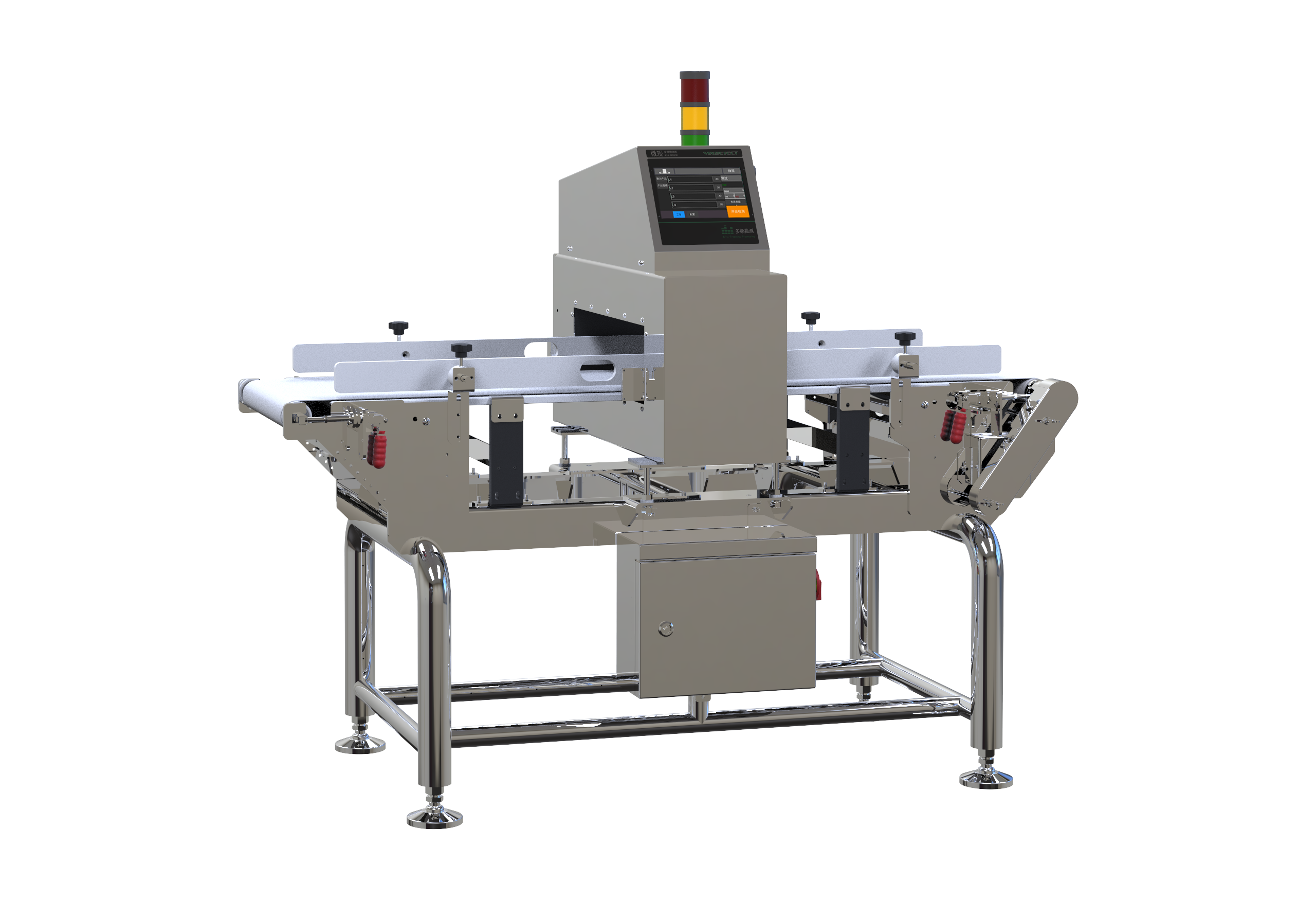When it comes to maintaining the efficiency of heating and cooling systems, the heat exchanger plays a pivotal role. However, when the time comes to replace this critical component, many homeowners and facility managers find themselves asking, How much should it cost to replace a heat exchanger? The answer is multifaceted, influenced by various factors including the type of heat exchanger, labor costs, and the specific circumstances of the installation. In this article, we will delve into the intricacies of heat exchanger replacement costs, providing a detailed breakdown to help you make informed decisions.
Understanding Heat Exchangers
Before we dive into costs, it’s essential to understand what a heat exchanger is and its function. A heat exchanger is a device designed to transfer heat between two or more fluids without mixing them. They are commonly used in HVAC systems, industrial processes, and even in automotive applications. The efficiency of a heat exchanger directly impacts energy consumption and system performance, making its maintenance and timely replacement crucial.
Factors Influencing Replacement Costs
- Type of Heat Exchanger:
- Shell and Tube Heat Exchangers: These are often used in industrial applications and can range from $1,500 to $5,000 or more, depending on size and material.
- Plate Heat Exchangers: More compact and efficient, these typically cost between $1,000 and $3,000.
- Air-to-Air Heat Exchangers: Common in residential settings, these can range from $500 to $2,500.
- Labor Costs:
Labor costs can vary significantly based on geographic location and the complexity of the installation. On average, you can expect to pay between $75 and $150 per hour for a qualified technician. The total labor cost can range from $300 to $1,500, depending on the time required for the job. - Accessibility and Installation Complexity:
If the heat exchanger is located in a hard-to-reach area or requires extensive modifications to the existing system, installation costs can increase. Additional costs may arise if new piping or ductwork is needed. - Material Quality:
The materials used in the heat exchanger can significantly affect the price. Stainless steel and titanium heat exchangers, while more expensive, offer better corrosion resistance and longevity, potentially saving money in the long run. - Additional Components:
Often, replacing a heat exchanger may require the replacement of associated components such as pumps, valves, or control systems. These additional costs can add anywhere from $200 to $1,000 to the overall project.
Average Cost Estimates
Based on the factors outlined above, the average cost to replace a heat exchanger can range from $1,000 to $7,500. For residential systems, the typical cost falls between $1,500 and $3,500, while industrial applications can see costs exceeding $10,000, especially for larger, more complex systems.
Cost-Saving Tips
- Regular Maintenance: Regular maintenance can extend the life of your heat exchanger and delay the need for replacement. Schedule annual inspections and cleanings to ensure optimal performance.
- Get Multiple Quotes: Always obtain multiple quotes from licensed contractors. This not only helps you understand the market rate but also allows you to gauge the expertise of different service providers.
- Consider Upgrades: If you are replacing an old heat exchanger, consider upgrading to a more efficient model. While the initial investment may be higher, the long-term savings on energy bills can offset the cost.
- Check for Warranties: Some heat exchangers come with warranties that cover parts and labor for a certain period. Be sure to check if your existing unit is still under warranty before proceeding with a replacement.
Conclusion
Replacing a heat exchanger is a significant investment that requires careful consideration of various factors. By understanding the costs involved and the elements that influence them, homeowners and industry professionals can make informed decisions that ensure efficient heating and cooling for years to come. Whether you are facing a sudden failure or planning for future maintenance, being equipped with the right knowledge will empower you to navigate the complexities of heat exchanger replacement with confidence.

